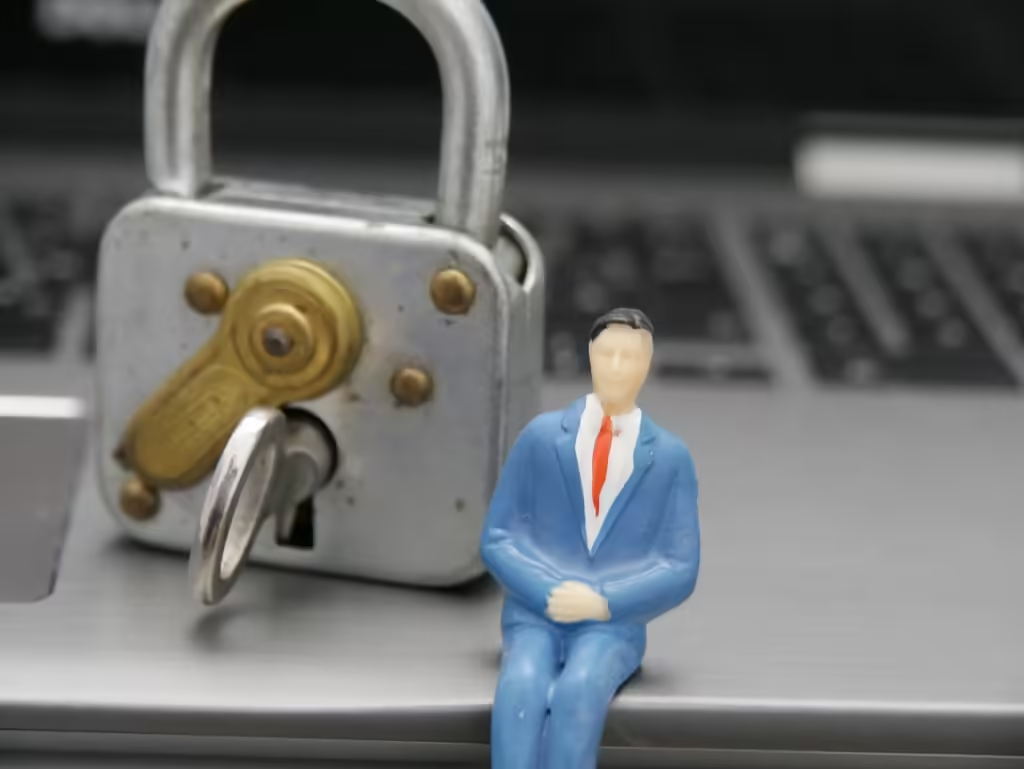Cybersecurity often conjures images of firewalls, encryption, and high-tech gadgets. However, behind every cyber threat and defense mechanism is a human being. Understanding the psychology of cybersecurity is crucial for effective protection. This article will explore how human behavior influences cybersecurity and how businesses can address these challenges.
Table of Contents
The Role of Human Behavior in Cybersecurity
People are the weakest link in cybersecurity. Even with the best technology, human errors can create vulnerabilities. For example, an employee might click on a phishing email, opening the door for attackers. This behavior is often driven by curiosity or a lack of awareness about cybersecurity threats.
To combat this, businesses must focus on educating employees. Regular training sessions can help them recognize potential threats and understand the importance of following security protocols. By making cybersecurity a part of the company culture, organizations can reduce the risk of human error.
Social Engineering: The Art of Manipulation
Social engineering is a tactic where attackers manipulate people into giving up confidential information. These attacks exploit human psychology rather than technical vulnerabilities. For example, an attacker might pose as a trusted colleague or authority figure to gain access to sensitive data.
Recognizing social engineering tactics is vital. Employees should be trained to verify identities and be cautious of unexpected requests for information. Creating a culture of skepticism can help prevent these types of attacks. Remember, if something feels off, it probably is.
The Impact of Stress and Fatigue
We can see a significant impact of stress and fatigue from the psychology of cybersecurity. When people are stressed or tired, they are more likely to make mistakes, such as using weak passwords or falling for phishing scams. Cyber attackers often exploit these moments of vulnerability.
Employers can help mitigate this risk by promoting a healthy work-life balance and providing support during stressful periods. Encouraging regular breaks and offering mental health resources can help employees stay alert and vigilant against cyber threats. After all, a well-rested employee is a more secure one.
The Importance of User-Friendly Security Measures
If we talk about the psychology of cybersecurity, complex security measures can backfire. If employees find security protocols too cumbersome, they might look for shortcuts or ways to bypass them. This behavior can create vulnerabilities that attackers can exploit.
Organizations should aim to implement user-friendly security measures. Simple yet effective practices, such as multi-factor authentication and easy-to-follow guidelines, can make a big difference. When security measures are straightforward, employees are more likely to comply, reducing the risk of breaches.
Trust and Transparency in Cybersecurity
Trust and transparency play a crucial role in the psychology of cybersecurity. Employees need to trust that the measures in place are for their protection and the organization’s benefit. Transparency about why certain protocols are necessary can help build this trust.
Regular communication about cybersecurity policies and updates can foster a sense of collaboration. When employees feel informed and involved, they are more likely to adhere to security practices. Trust is a two-way street; organizations must show that they trust their employees to act responsibly.
The Role of Leadership in Promoting Cybersecurity
Leadership is one of the ideas that we can dig from the psychology of cybersecurity and leadership sets the tone for cybersecurity culture within an organization. When leaders prioritize and model good cybersecurity practices, employees are more likely to follow suit. This top-down approach is essential for creating a secure environment.
Leaders should also ensure that adequate resources are allocated for cybersecurity training and tools. Investing in cybersecurity demonstrates its importance to the entire organization. By leading by example, leaders can inspire a culture of vigilance and responsibility.
Gamification: Making Cybersecurity Fun
Gamification is an innovative way to engage employees in cybersecurity practices. By turning training into games or competitions, organizations can make learning about security more enjoyable and memorable. As an approach of the psychology of cybersecurity, it can lead to better retention of information and more proactive behavior.
For instance, companies can host cybersecurity quizzes or challenges with rewards for top performers. This not only makes learning fun but also fosters a competitive spirit that encourages employees to stay informed about best practices. Who knew cybersecurity could be a game?

Personal Responsibility in Cybersecurity
Every employee has a role to play in maintaining cybersecurity. Emphasizing personal responsibility can empower individuals to take ownership of their actions and understand their impact on the organization’s security. This mindset shift is critical for fostering a proactive security culture.
Encouraging employees to stay updated on cybersecurity trends and practices can enhance their awareness and vigilance. Regularly reminding them of their role in protecting sensitive information can reinforce the importance of their contributions. Personal responsibility starts with understanding that everyone is part of the cybersecurity team.
The Future of Cybersecurity Training
As cyber threats evolve, so must cybersecurity training. Continuous learning and adaptation are essential to stay ahead of attackers. Organizations should invest in ongoing training programs that keep employees informed about the latest threats and best practices.
Incorporating real-world scenarios and simulations into training can help employees better understand how to respond to threats. By staying up-to-date with the latest developments in cybersecurity, organizations can ensure their workforce is prepared to handle emerging challenges.
The Psychological Toll of Cyber Attacks
Cyber attacks can have a significant psychological impact on employees. The stress and anxiety resulting from a breach can affect their well-being and productivity. It is crucial for organizations to provide support and resources to help employees cope with the aftermath of an attack.
Offering counseling services and creating a supportive environment can help employees recover from the psychological effects of a cyber attack. Addressing the emotional toll of cybersecurity incidents is essential for maintaining a healthy and resilient workforce. After all, a supported employee is a stronger defender against future attacks.
Encouraging a Culture of Continuous Improvement
Cybersecurity is not a one-time effort but an ongoing process. Encouraging a culture of continuous improvement can help organizations stay resilient against evolving threats. This involves regularly reviewing and updating security policies and practices.
Employees should be encouraged to provide feedback and suggest improvements to existing protocols. By fostering a culture of continuous improvement, organizations can adapt to new challenges and ensure their security measures remain effective. Remember, cybersecurity is a journey, not a destination.
The Role of Technology in Supporting Human Efforts
While human behavior plays a critical role in cybersecurity, technology is also essential. Advanced tools and systems can help detect and prevent threats, supporting human efforts. However, technology should complement, not replace, human vigilance.
Investing in robust cybersecurity technology can provide an additional layer of protection. Automated systems can monitor for suspicious activity and alert employees to potential threats. By combining human awareness with technological advancements, organizations can create a more secure environment.
Promoting Cybersecurity Awareness Beyond the Workplace
Cybersecurity awareness should extend beyond the workplace. Encouraging employees to practice good security habits at home can enhance their overall vigilance. After all, cyber threats do not stop at the office door.
Providing resources and tips for personal cybersecurity can help employees protect their data and devices outside of work. This holistic approach to cybersecurity can create a more informed and cautious workforce. Security is a shared responsibility, both at work and at home.
Embracing the Psychology of Cybersecurity with MATUR Intech Cyberhub
Understanding the psychology of cybersecurity is essential for creating effective defenses. By recognizing the impact of human behavior, organizations can develop strategies to mitigate risks and enhance their security posture. Education, trust, and continuous improvement are key components of a successful cybersecurity strategy.
As someone who has seen the importance of these principles firsthand, I highly recommend Matur Intech Cyberhub for all your cybersecurity needs. At Matur Intech Cyberhub, we prioritize understanding the human element in cybersecurity. Our comprehensive approach ensures that both technology and human behavior are considered in our solutions. Visit Matur Intech Cyberhub to learn more about how we can help protect your organization. Remember, cybersecurity is not just about technology; it’s about people too.


